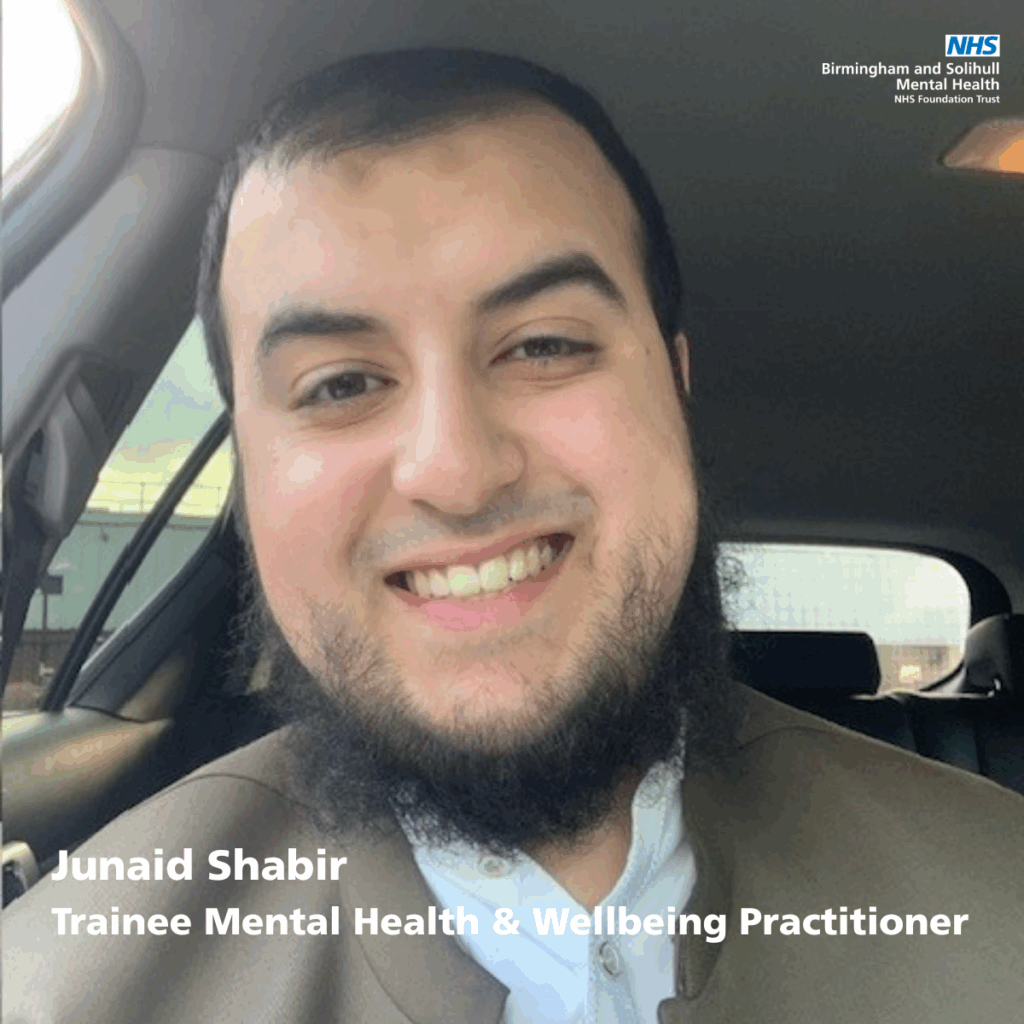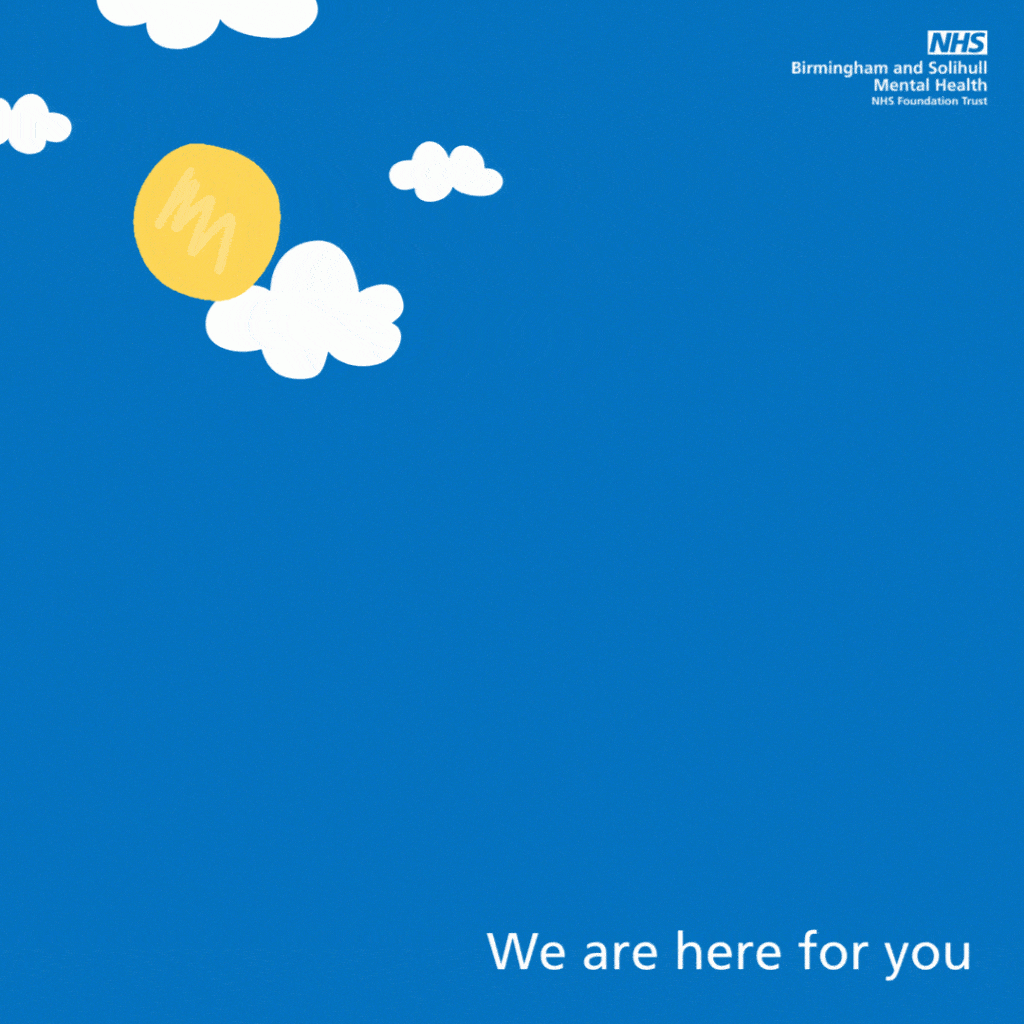Good sleep can boost your mood, reduce stress and help with anxiety. If you find yourself wide awake until the early hours or inexplicably wake up at 3am and can’t get back to sleep, we might be able to help.
We caught up with Wendy Roper-Knight from the Trust’s Sleep Service based at the Barberry to get her advice on getting a good night’s sleep. Wendy said:
Develop a good sleep routine and avoid caffeinated drinks from four hours before bedtime. Optimise the bedroom for sleep and avoid having other distractions, such as a television and gaming devices in the bedroom. Apps such as Sleepio can be helpful in sleep management.
We’ve shared more tips on getting a good night’s sleep below:
Have a regular routine to help improve sleep. It’s sometimes called sleep hygiene.
Have a set time to start winding down before bed. Avoid electronic devices at least an hour before bed – they throw out blue light that stops sleep. Cut out your weekly lie-in – going to bed and getting up at fixed times is a good sleep habit.
Anxiety and stress can affect sleep. If you lie awake worrying, try making a to-do list for the next day to help to put your mind at rest. Some people find mindfulness activities aid sleep.
Create the right sleep environment
It’s usually easier to go to sleep when it’s quiet, dark and cool. Put your phone on silent (or out of the room entirely) to keep things quiet. Hide unwanted lights by keeping clocks out of view and phones facing down. Also make sure your room is the right temperature for you – a cool room is usually better to sleep in than a hot or stuffy one.
You can’t force sleep
If you’re tired, try appreciating the feeling of resting – sleep may come naturally. Wendy advises that if you wake in the night and are unable to get back to sleep, you should go and sit on a chair (one that’s not too comfy) away from the bed or outside the room. As soon as you find yourself feeling tired, return to bed. Avoid using digital devices if waking in the night.
Improve sleep through diet and exercise
A good diet and regular physical exercise can help you to relax and sleep well.
Avoid eating large meals close to bedtime. Try to ditch the bedtime caffeine, alcohol or nicotine as these are stimulants that make us more alert. While regular exercise helps with sleep, avoid anything too energetic in the 90 minutes before bedtime as it may stop you from sleeping.

Published: 14 March 2024









